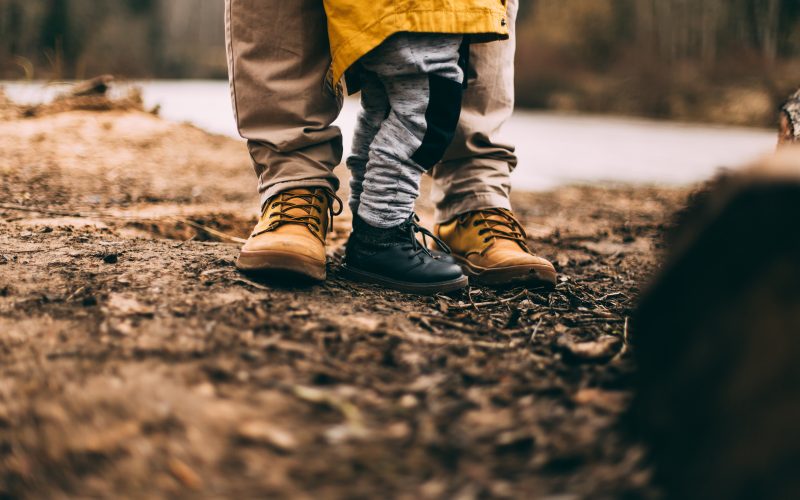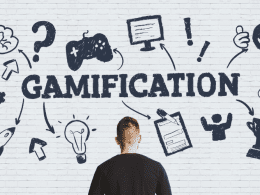As parents, caregivers or educators, we all want to provide the best environment for children to grow and thrive. Early childhood development is crucial in shaping a child’s future and laying the foundation for their success. Fortunately, there are numerous global early childhood innovations that can help us create an environment that fosters cognitive, emotional, physical and social growth. In this article, we’ll explore these innovative approaches and provide some tips on how you can build the best environment for children!
The Importance of Early Childhood Development
Early childhood development is the period between birth and age 8, where children experience rapid growth in all areas of their lives. During this time, they learn new skills, build relationships with others, develop emotional regulation and form a sense of identity.
Research has shown that early childhood development impacts a child’s future success in school, work and life. Children who receive quality care and education during their early years are more likely to have higher academic achievement, better social skills and stronger mental health as adults.
Moreover, early childhood development plays an essential role in closing the opportunity gap for disadvantaged communities. By providing equitable access to high-quality programs that support cognitive development, language acquisition, socio-emotional learning and physical health outcomes – we can ensure that every child has the chance to succeed regardless of their family background or income level.
In summary, investing in early childhood development is not only critical for individual children but also for building strong families and communities overall.
Global Early Childhood Innovations
Global Early Childhood Innovations are changing the way we think about education for our little ones. From cutting-edge technology to innovative teaching methods, these innovations are transforming early childhood development across the globe.
One such innovation is play-based learning, which has gained popularity in recent years. This approach emphasizes hands-on exploration and discovery through play, rather than traditional academic instruction. Studies have shown that children learn better when they’re having fun and actively engaged in their learning environment.
Another exciting development is the use of digital tools like interactive whiteboards and tablets in classrooms. These technologies allow teachers to create more dynamic lessons and provide personalized feedback to students. They also offer opportunities for virtual field trips and distance learning, making education accessible to more children around the world.
There’s a growing emphasis on social-emotional learning (SEL) in early childhood education. SEL focuses on developing essential skills like empathy, communication, and problem-solving alongside academic content knowledge. This approach helps prepare kids for success not just academically but also socially as well-rounded individuals.
Innovation continues to drive progress worldwide across all fields including early childhood development where it changes how we educate kids today by providing them with a solid foundation that sets them up for lifelong achievement both academically and beyond!
How to Create the Best Environment for Children
When it comes to creating the best environment for children, there are several factors that need to be considered. One of the most important things is providing a safe and nurturing space where kids feel comfortable and secure. This means ensuring that they have access to healthy food, clean water, and adequate shelter.
Another key aspect of creating the best environment for children is promoting learning and development. Kids should be encouraged to explore their interests and engage in activities that challenge them mentally and physically. Providing age-appropriate toys, games, books, and educational materials can help foster curiosity and creativity.
Socialization is also an important part of childhood development. Children benefit from interacting with peers as well as adults who provide positive role models. Encouraging group activities such as sports teams or clubs can help build social skills while allowing kids to have fun.
Setting boundaries and expectations can go a long way in creating a positive environment for children. Consistency is key when it comes to discipline – clear rules should be established early on with consequences for breaking them clearly communicated.
By taking these steps towards building an ideal environment for children – one focused around safety, education, socialization, consistency – parents can give their kids the tools they need not only survive but thrive in today’s world!
The Benefits of Global Early Childhood Innovations
Global early childhood innovations have revolutionized the way we approach child development. These innovations include everything from educational programs to new toys and games that stimulate cognitive, physical, emotional, and social development in children. The benefits of these innovations are numerous and far-reaching.
Firstly, global early childhood innovations help to close developmental gaps between children from different backgrounds. By providing access to high-quality early childhood education and resources for all children, regardless of socioeconomic status or geographic location, we can ensure that every child has an equal chance at success.
Additionally, these innovative programs promote healthy brain development in young children by encouraging learning through play and exploration. This not only helps improve academic performance but also leads to better long-term outcomes such as improved mental health and reduced risk of chronic diseases later in life.
Moreover, global early childhood innovations also foster social-emotional skills such as empathy, self-awareness, communication skills which are essential for building positive relationships with others throughout life.
Lastly yet importantly; they promote a culture of innovation by inspiring creativity which sparks critical thinking among kids leading them towards their future careers ultimately contributing positively towards society’s advancement as a whole.
In conclusion (not meant to be conclusive), it is clear that Global Early Childhood Innovations have played a vital role in improving the lives of our youngest learners around the world – setting them up for brighter futures filled with endless possibilities!
Conclusion
Providing a nurturing environment for children is crucial in shaping their future. Early childhood development plays a significant role in a child’s emotional and cognitive growth, which is why global early childhood innovations are essential. These innovations offer an excellent opportunity to provide quality education and care to children all over the world.
To create the best environment for children, it is vital to consider factors such as safety, nutrition, health care, playtime activities and high-quality education. By prioritizing these aspects of early childhood development at home or school environments, parents and teachers can help improve the well-being of every child.
Finally yet importantly, we should remember that investing in our children’s futures means we’re investing in society’s tomorrow. It is time for us to come together worldwide and prioritize our youngest generations’ needs by implementing innovative solutions that will guarantee them a better future full of opportunities!












